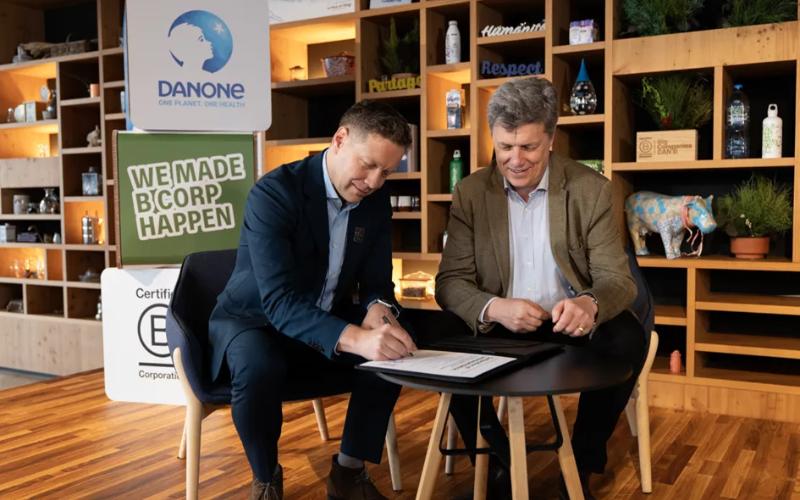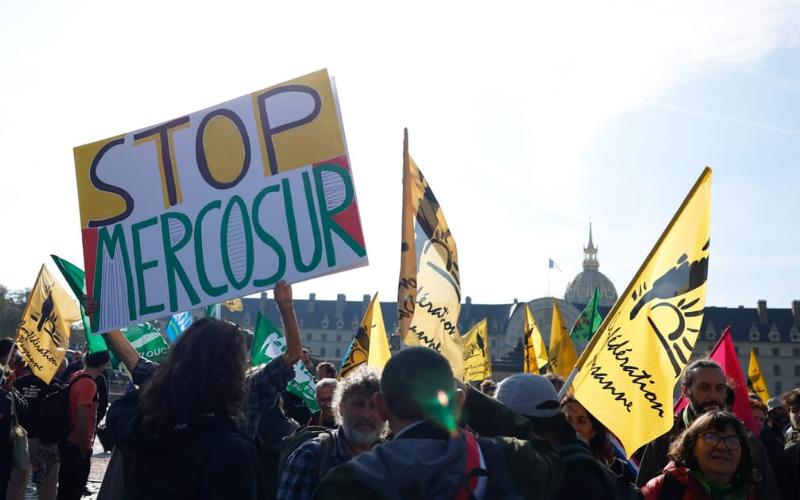The Guardian: remuneration for the new CEO of Unilever could provoke shareholder revolt
Unilever faces potential shareholder unrest as it discloses that its new chief executive could receive up to €17.4 million in compensation this year upon reaching maximum performance targets.

Unilever faces potential shareholder unrest as it discloses that its new chief executive could receive up to €17.4 million in compensation this year upon reaching maximum performance targets.
Hein Schumacher, who assumed leadership of the consumer goods conglomerate in June, received €3.9 million for his initial six months in the role. This included a €1.86 million annual bonus, in addition to his €1.4 million base salary and benefits, which covered relocation expenses to the UK.
Moreover, Schumacher was granted €648,000 in compensation for foregone long-term bonuses from his previous employer, FrieslandCampina. However, Unilever's compensation committee opted to reduce his annual bonus to 115% of his salary, citing the need to enhance competitiveness and address market share challenges.
Andrea Jung, chair of the compensation committee, emphasized the company's commitment to shareholder concerns, noting that adjustments were made to align executive compensation with performance and stakeholder expectations.
In the coming year, Schumacher's base salary will remain unchanged at €1.85 million, as per Unilever's pledge following last year's shareholder dissent. However, his potential earnings could surpass €8.5 million if he achieves undisclosed performance targets, with the possibility of doubling that figure should he significantly increase the company's share price.
These targets encompass various metrics including underlying sales growth, operating profit increases, return on capital, and sustainability objectives. Jung assured stakeholders that revisions to the targets were made in consultation with shareholders to garner broader support for the company's remuneration policy.
Earlier we wrote: In a strategic move aimed at reinvigorating growth, Unilever Plc announced plans to separate its ice cream business, home to iconic brands like Ben & Jerry’s and Magnum
Hein Schumacher, who assumed leadership of the consumer goods conglomerate in June, received €3.9 million for his initial six months in the role. This included a €1.86 million annual bonus, in addition to his €1.4 million base salary and benefits, which covered relocation expenses to the UK.
Moreover, Schumacher was granted €648,000 in compensation for foregone long-term bonuses from his previous employer, FrieslandCampina. However, Unilever's compensation committee opted to reduce his annual bonus to 115% of his salary, citing the need to enhance competitiveness and address market share challenges.
Andrea Jung, chair of the compensation committee, emphasized the company's commitment to shareholder concerns, noting that adjustments were made to align executive compensation with performance and stakeholder expectations.
In the coming year, Schumacher's base salary will remain unchanged at €1.85 million, as per Unilever's pledge following last year's shareholder dissent. However, his potential earnings could surpass €8.5 million if he achieves undisclosed performance targets, with the possibility of doubling that figure should he significantly increase the company's share price.
These targets encompass various metrics including underlying sales growth, operating profit increases, return on capital, and sustainability objectives. Jung assured stakeholders that revisions to the targets were made in consultation with shareholders to garner broader support for the company's remuneration policy.
Earlier we wrote: In a strategic move aimed at reinvigorating growth, Unilever Plc announced plans to separate its ice cream business, home to iconic brands like Ben & Jerry’s and Magnum











